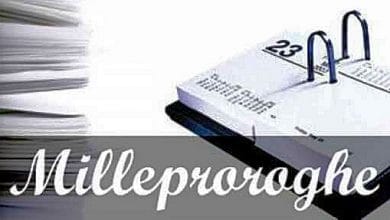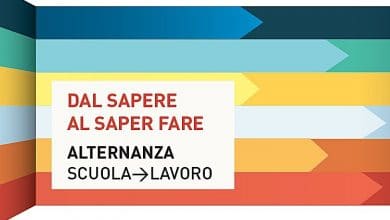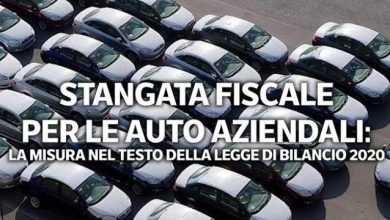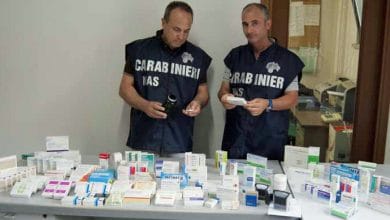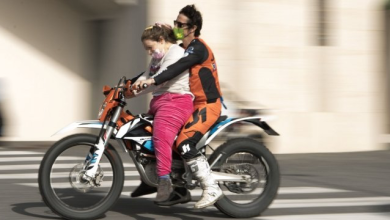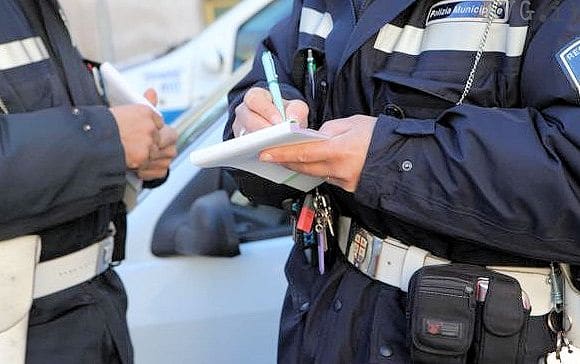
Irregular transport of medicines, fines of around 100 thousand euros. This is the outcome of the checks carried out from 2012 to the first half of the current year. The commander of the municipal police: "We verify the traceability of the supply chain, the suitability of the vehicle for these transports and the maintenance of the cold chain"
Editorial staff August 30, 2014 – PALERMOTODAY
Transportation of medicines with violations of regulations and use of unsuitable means. From 2012 to the first half of 2014, the anti-fraud unit of the municipal police, coordinated by the commander Vincenzo Messina, carried out ninety checks relating to the transport of medicines, imposing hefty fines in thirty cases for a total amount of around 100 thousand euros.
“The purpose is not to raise cash – observes Captain Messina – but to ensure the levels of safety required by current legislation. In addition to verifying the traceability of the pharmaceutical supply chain, we verify the suitability of the vehicle for the particular type of transport and therefore whether it is adequately insulated and equipped to maintain the cold chain to be ensured over the time span of distribution from the warehouse to the pharmacies".
From 2012 to the first half of this year, 90 checks relating to the transport of medicines were carried out, with 25 disputes for violations of the legislation on the transport of products, for a total amount of 17,930 euros. There were five reports for violations of the national legislation relating to the failure to use suitable means for the transport of medicines, for a total amount of 30 thousand euros, while the violations detected for violations of the highway code, such as revisions and rules of conduct, fines of 55,960 euros were raised.
„ “The legislation provides for a series of prescriptions – reads the note from the municipal police – so that the particular product transported is not contaminated or may contaminate other products and that adequate measures are foreseen in case of shedding of products or container breakage and that it is not subjected to direct heat, light, humidity, or attack by microorganisms”. Furthermore, all supplies of medicines must be accompanied by a special document stating the date, the name and pharmaceutical form of the medicinal product, the quantity supplied, the name and address of the supplier and consignee and the batch number.“
“The legislation provides for a series of prescriptions – reads the note from the municipal police – so that the particular product transported is not contaminated or may contaminate other products and that adequate measures are foreseen in case of shedding of products or container breakage and that it is not subjected to direct heat, light, humidity, or attack by microorganisms”. Furthermore, all supplies of medicines must be accompanied by a special document stating the date, the name and pharmaceutical form of the medicinal product, the quantity supplied, the name and address of the supplier and consignee and the batch number.“
Related news: Anagni. Thousands of drugs seized. The rules for the transport of medicines.
Medicine transport. Make Sicily: no to squatters, citizens' health at risk
Current legislation:
– : Ministerial Decree July 6, 1999
– Circular 13 January 2000, n. 2 in the GU 18 February 2000, n. 40
– Guidelines of 7 March 2013 on good distribution practices for medicines for human use OJEU
Article 125. Legislative Decree 219/06
Free samples
1. Free samples of a medicine for human use can only be given to doctors authorized to prescribe it and must be delivered only through scientific representatives. Physicians must ensure storage according to the instructions indicated on the package or on the package leaflet.
2. Samples cannot be delivered without a written request bearing the date, stamp and signature of the recipient.
3. Scientific reps may deliver two samples per visit to each healthcare professional for each dosage or pharmaceutical form of a medicinal product exclusively in the eighteen months following the date of first marketing of the product and within the maximum limit of eight samples per year for each dosage or form.
4. Without prejudice to the provisions of paragraph 2, scientific representatives may also deliver to the doctor no more than four samples per visit, within the maximum limit of ten samples per year, chosen from the company list of medicinal products on the market for more than eighteen months.
5. The quantitative limits of paragraphs 3 and 4 also apply to medicines that can be sold to the public in pharmacies and are not dispensed with costs borne by the National Health Service.
6. Each sample must be graphically identical to the smallest package on the market. Its content may be lower, in number of dosage units or in volume, than that of the package on the market, provided it is therapeutically suitable; the non-correspondence of the content and, possibly, of the primary packaging to the authorized packaging must be expressly referred to on the label.
7. The summary of the product characteristics must always be delivered together with the samples, except in the case provided for by paragraph 5 of article 122.
8. Except in the case of obvious technical difficulties, on the outer packaging, on the primary packaging and, where appropriate, on the self-adhesive stamp used for dispensing the medicinal product at the expense of the National Health Service, the indication "free sample - not to be sold" or other similar expression.
9. No sample of the medicines governed by the consolidated text referred to in the decree of the President of the Republic of 9 October 1990, n. 309.
10. Pharmaceutical companies are required to ensure that any storage conditions indicated on the external packaging or on the primary packaging of the medicinal product are respected until the sample is delivered to the doctor. In particular, companies will have to provide their scientific representatives with all the necessary information relating to the methods of correct conservation and distribution of medicines envisaged by current legislation, equipping them with the appropriate stowage tools for free samples for their transport. Scientific reps must be given free samples in quantities proportional to the number of visits scheduled for a given period, generally every fifteen days.
11. The delivery of samples to the hospital doctor is subject to the provisions of this article.
12. Pharmaceutical companies are required to withdraw from the scientific representatives any medical request referred to in paragraph 2 and to keep, for eighteen months, suitable documentation to prove that the delivery of samples took place in compliance with the provisions of this decree.
13. The Minister of Health, on the proposal of AIFA, taking into account the trend in the consumption of medicines, may, by decree, reduce the number of samples that can be delivered by scientific representatives pursuant to this article or provide for specific further limitations for certain categories of medicines.


